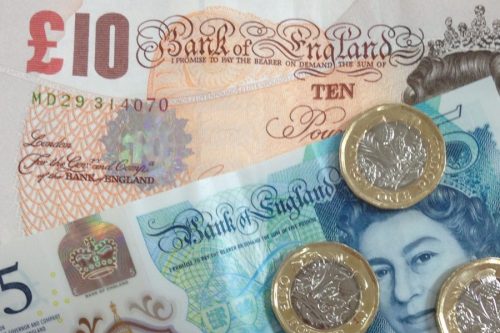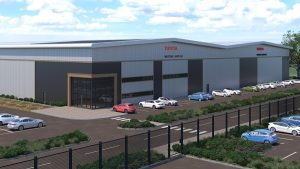Interest rates raised for 11th consecutive time to hit 15-year high

The Bank of England has raised interest rates for the 11th consecutive time to hit a near 15-year high.
The Monetary Policy Committee (MPC) voted 7-2 to increase rates by 0.25 percentage points to 4.25%. The two dissenting members wanted to keep the rate unchanged.
The MPC says whilst there have been “large and volatile moves in global financial markets in particular since the failure of Silicon Valley Bank and in the run-up to UBS’s purchase of Credit Suisse” which could have broader impacts, it has been briefed by the Financial Policy Committee (FPC) who say the “UK banking system remains resilient”.
The FPC judges that the UK banking system “maintains robust capital and strong liquidity positions”, and is well placed to continue supporting the economy, including in a period of higher interest rates.
As bank wholesale funding costs have risen, the MPC promises to monitor closely any effects on the credit conditions faced by households and businesses, and the impact on the macroeconomic and inflation outlook.
UK rates are now at its highest since October 2008 during the financial crisis. The announcement comes after the US central bank raised interest rates on Wednesday by 0.25% to 5%, despite the turmoil US banks have faced in recent weeks.
The MPC expects global growth to be stronger than predicted in February’s report, with wholesale gas and oil prices falling materially.
East Midlands Chamber chief executive Scott Knowles said: “The Bank of England’s decision to raise interest rates for a 11th consecutive time shows it is still pursuing strong action following the surprise rise in inflation during February.
“But this approach is not without serious side-effects, and those impacted most by the decision will be mortgage holders and businesses reliant on lending.
“Our research shows that while inflation remains by far and away the biggest concern for East Midlands businesses, with 64% citing this in our latest Quarterly Economic Survey for Q1 2023, concern about interest rates has risen up the agenda in recent months – cited as a concern by 28% of companies.
“Together, these issues have been wiping out businesses’ ability to invest and grow for almost two years now.
“Despite slight improvements in business confidence, firms continue to be hit by a raft of cost pressures and continuously hiking interest rates risks future price rises – 52% of our region’s companies expect they will be forced to increase their prices over the next three months – which ultimately exacerbates inflation.
“Raising interest rates alone is a blunt instrument that doesn’t address some of the fundamental causes of inflation, such as failure in the energy market and global supply chain shocks.
“The only way out of this vicious cycle is through taking action to boost economic growth. As we outline in our Business Manifesto for Growth, this means concentrating on the ‘four Is’ of investment, innovation, infrastructure and international trade.”









